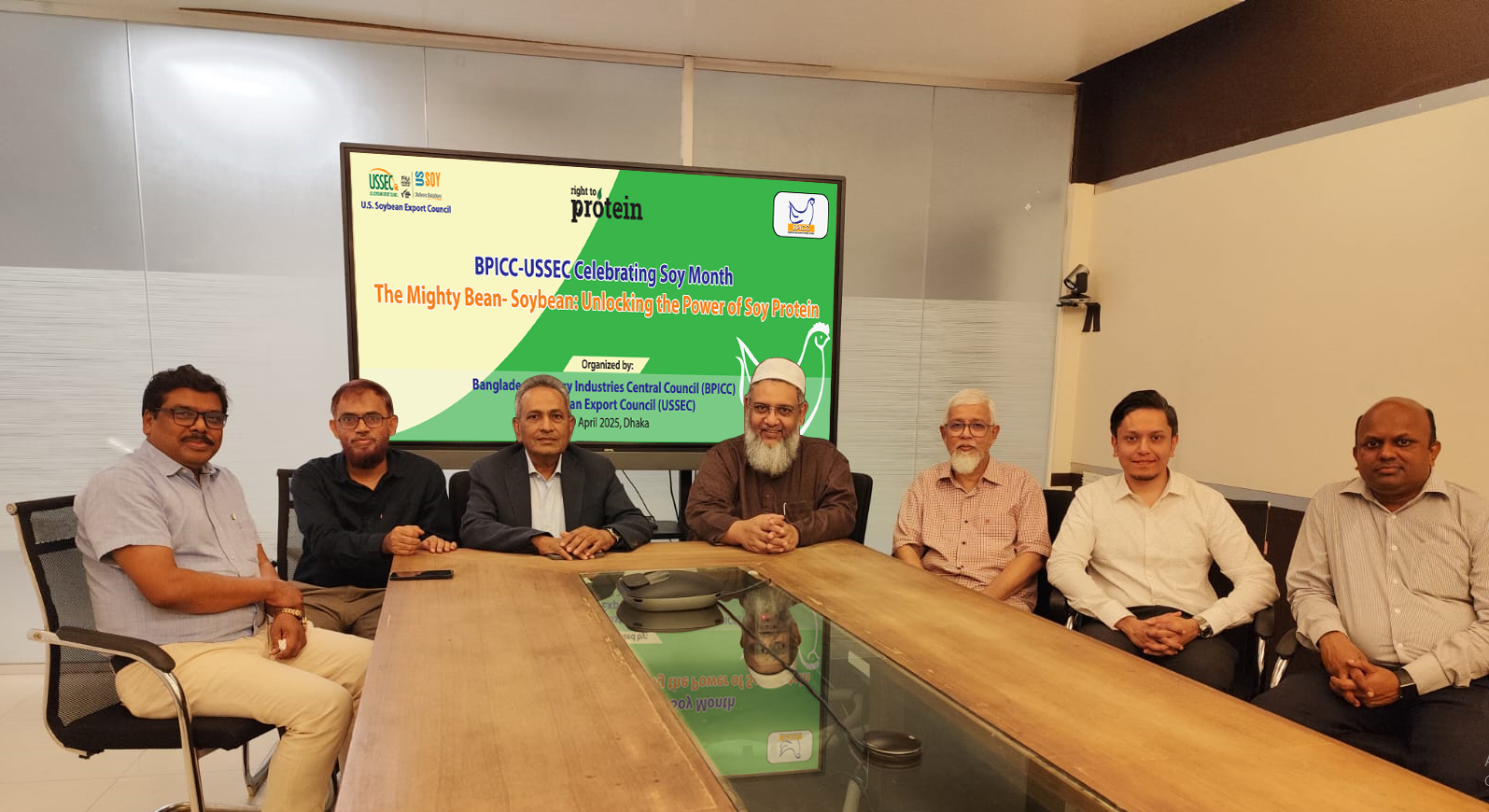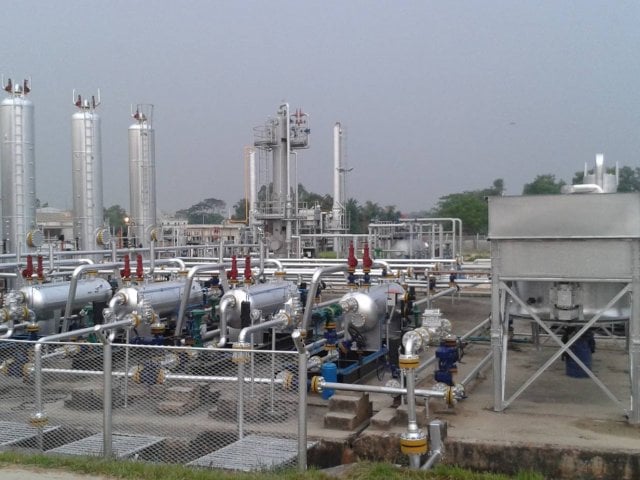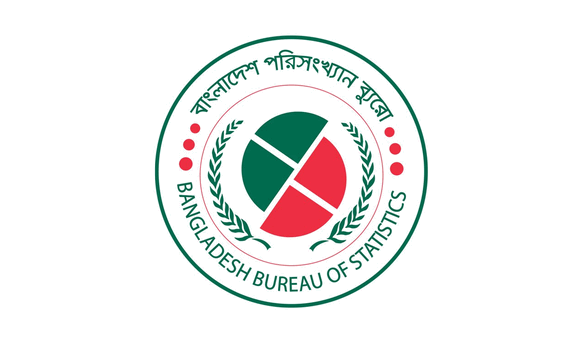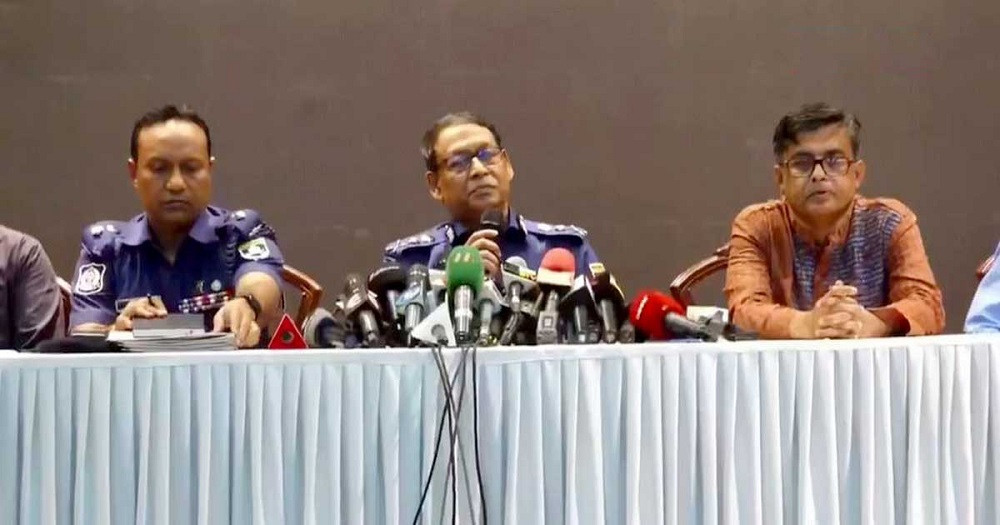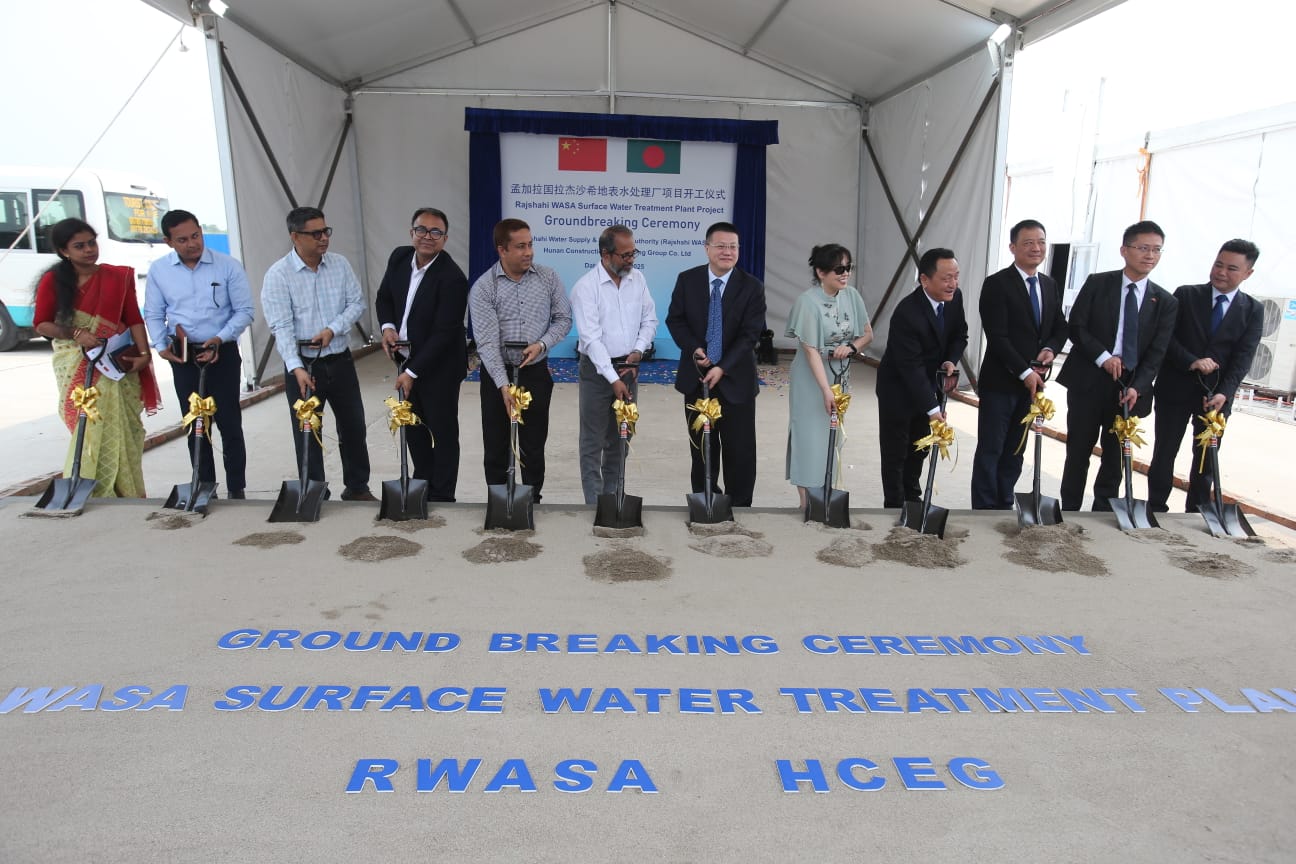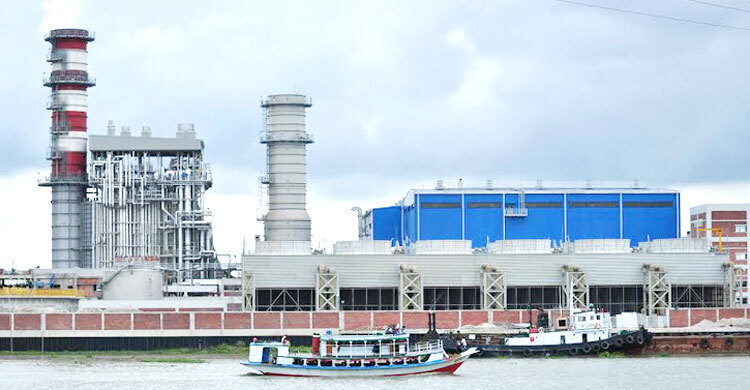
The Bangladesh Energy Regulatory Commission’s (BERC) recent decision to raise gas tariffs for new industrial and captive users by 33% has sparked serious concern among economists and entrepreneurs. While the government sees the move as a necessary step to manage revenue shortfalls, experts warn it may hinder industrial expansion and discourage new investment at a critical time.
From April, new industrial users will be charged Tk 40 per cubic metre, up from Tk 30, while new captive users—industrial units that generate their own electricity—will pay Tk 42 instead of the current Tk 31.50. Additionally, promised industrial consumers using more than 50% of their approved load, as well as existing consumers exceeding their sanctioned gas load, will also be billed at the higher rate.
At a press conference in Dhaka, BERC Chairman Jalal Ahmed said the hike is intended to promote efficient energy use and fair distribution. “The adjustment targets only new and over-consuming users. We’ve kept rates unchanged for existing users to minimise disruption,” he stated.
Decision Amid Industrial Strain
The announcement comes as Bangladesh faces mounting pressure to support its industrial base, particularly in export-driven sectors like garments, already struggling with supply chain disruptions, reduced global demand, and energy shortages.
BERC justified the hike by pointing to Petrobangla’s revenue gap and rising LNG import costs. However, during public hearings, industry representatives strongly opposed the hike, calling instead for better system transparency and reductions in gas system loss—issues BERC appears to have sidestepped.
“The hike could have been even higher had we strictly followed revenue requirements,” BERC Chairman Jalal Ahmed added. “We limited the increase to keep it tolerable.”
Entrepreneurs alarmed by the impact
Masud Kabir, Managing Director of Motex Fashion, criticized the timing and scope of the hike. “The government talks about boosting production and entrepreneurship, but this decision does the opposite. New entrepreneurs will be discouraged at the entry level. Production will likely drop, not grow.”
He also warned that the increased costs could lead to greater corruption. “To avoid higher bills, some might manipulate usage data with the help of officials, increasing system loss and eroding transparency.”
Experts Decry Discriminatory Pricing
Former World Bank Lead Economist in Dhaka, Dr Zahid Hussain, described the two-tier pricing as discriminatory and economically unjustifiable.
“There’s no rationale for charging new users differently from existing ones. It creates unfair competition and discourages new industrial setups,” he said. “If prices are going up, there must at least be a guarantee of stable gas supply. But even now, production in RMG factories is regularly disrupted due to shortages.”
Strategic Shift or Long-Term Setback?
The hike appears to align with IMF recommendations to reduce energy subsidies. While it may support fiscal consolidation, experts warn of potential long-term risks to industrial growth and job creation.
Concerns have also emerged over whether the higher tariff will actually improve gas availability—or whether this pricing policy might face legal scrutiny due to its discriminatory nature.
The gas price hike goes beyond economics; it will influence Bangladesh’s industrial and investment climate in the coming years. While it may offer short-term fiscal relief, its long-term impact could deter entrepreneurship, limit production, and compromise industrial growth.
As the government moves forward, ensuring transparency, consistent policy, and equal treatment for all industrial stakeholders will be key to maintaining economic momentum.
#This article was published in the Daily Sun and written by Ariful Islam.



